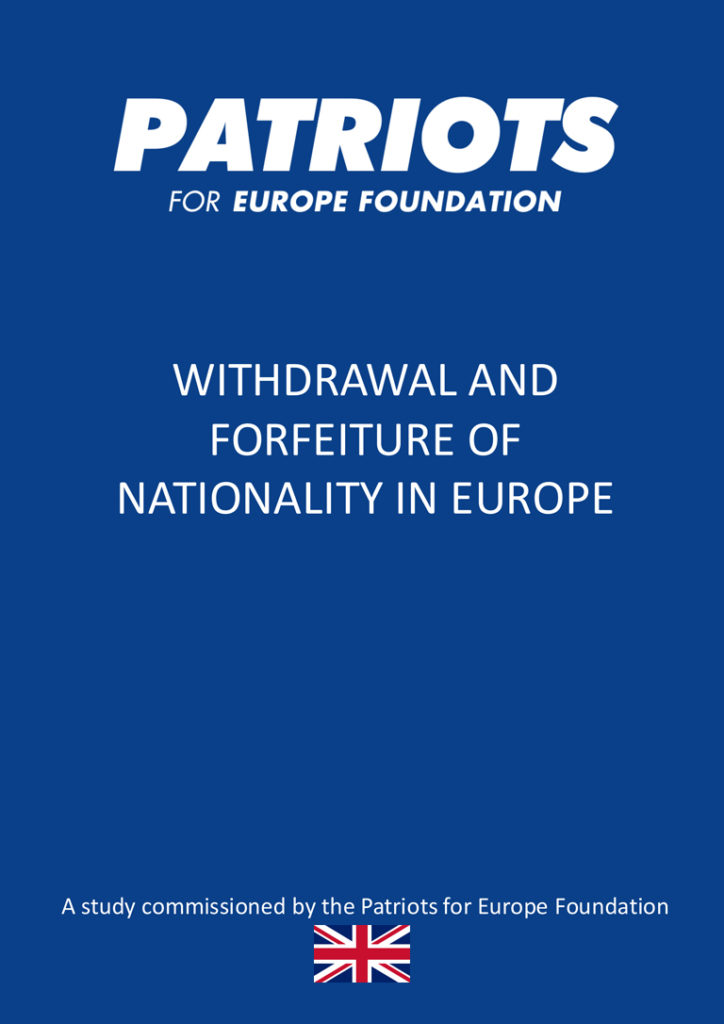
Withdrawal and forfeiture of nationality in Europe
There has probably never been so much talk about forfeiture of nationality as there has been in the last ten years.
While history undoubtedly bears the painful traces of political outbursts over the issues surrounding access to and loss of nationality1, the contemporary era has seen a fairly profound change in the terms of this debate.
Firstly, and in contrast to the historical circumstances that once saw mass forfeitures from nationality established as public policy, the debates taking place today are taking place at a time when the contemporary state is suffering from acute and growing contestation. For at least thirty years, it has been constantly repeated that the state “cannot solve real problems such as ecological risks, economic crises, global immigration and the emergence of civil wars on a global scale”.2 This postulate of the obsolescence of the state form goes hand in hand with a liberal discourse advocating the removal of the state from all economic and social intervention; a discourse denying it any legitimacy to impose collective choices in the name of a post-modernism that supposedly makes the individual the alpha and omega of all governance. The result for both individuals and societies is a widespread loss of reference points, which obviously also affects power and institutions. As everything that once seemed to be “taken for granted” is now being called into question, contemporary societies are becoming anxious about the situation, and many institutions that were once the embodiment of the state are now at odds with these developments: from schools to the workplace, from the armed forces to social protection systems, not to mention political representation, nothing seems likely to function as it did before.
At this time of profound change, criticism of the state is becoming ever more acute, and there is today an undeniable “malaise of the state form, a crisis of the state, an overall pathology that calls it into question as a mode of political organisation, that affects its concept, and not just a few short-term situations? Questions about its legitimacy and its glaring inadequacies are currently plunging the state into an acid bath, [so today] globalist themes (…) are even enjoying a revival, in conjunction with the intensification of exchanges of all kinds. This strengthens the currents traditionally hostile to state sovereignty, which is seen as an empty or dangerous myth whose gradual erosion should pave the way for its radical overthrow”.3 In addition to these tensions affecting the organisational and political structure of the state, there are others affecting its very organic essence: the body politic; in France, the nation.
Study by Bertrand Pauvert, University Doctor
Study published by the Patriots for Europe Foundation

